- Details
- Written by Francesco Mariotti
- Category: News
- Hits: 4994
Fátima Mattiello and Antonio Prado (INPE) ended their three-week secondment at CINI-UNIFI. In this period they worked together with the UNIFI group on the GOLDS constellation of nanosatellites. In particular, the objective of this collaboration is to build a modeling framework for the evaluation of the performability of GOLDS constellation.
During this period, Fátima Mattiello gave a lecture at the ADVANCE Graduate School. The topic of the lecture was the Verification and Validation in the context of space system engineering.
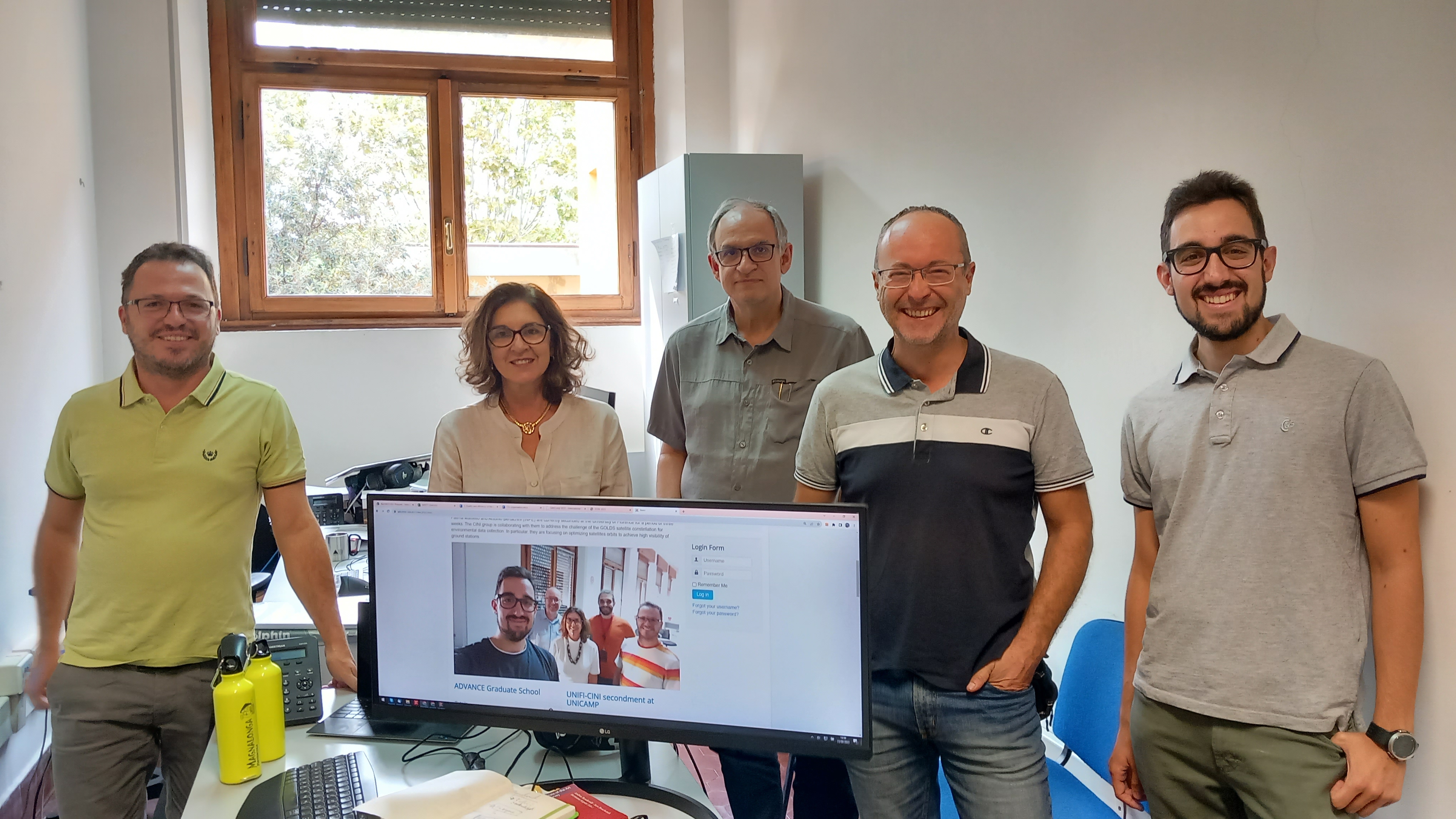
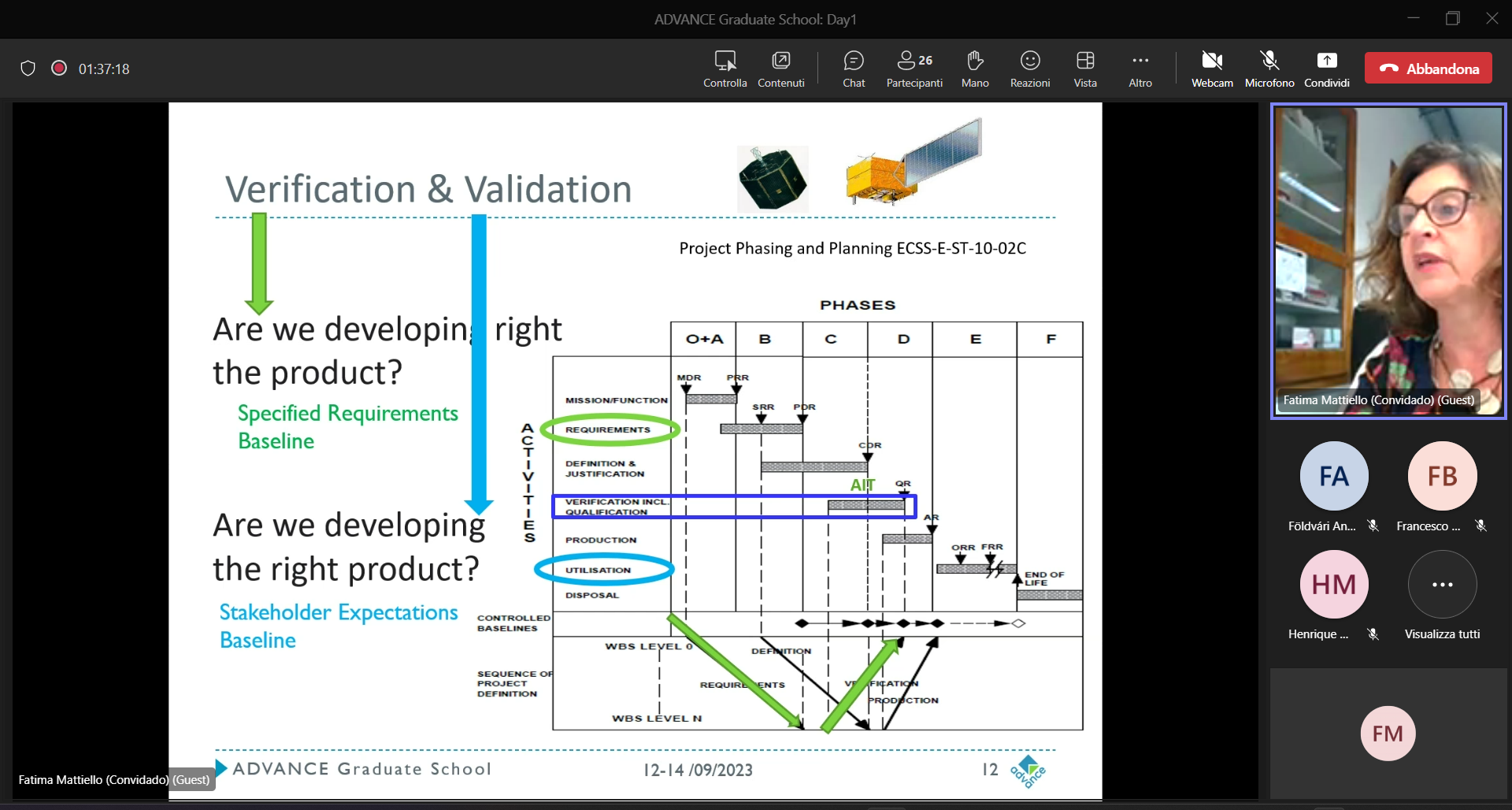
- Details
- Written by Francesco Mariotti
- Category: News
- Hits: 5270
Fátima Mattiello and Antonio Bertachini (INPE) are currently seconded at the University of Florence for a period of three weeks. The CINI group is collaborating with them to address the challenge of the GOLDS satellite constellation for environmental data collection. In particular, they are focusing on optimizing satellites orbits to achieve high visibility of ground stations.
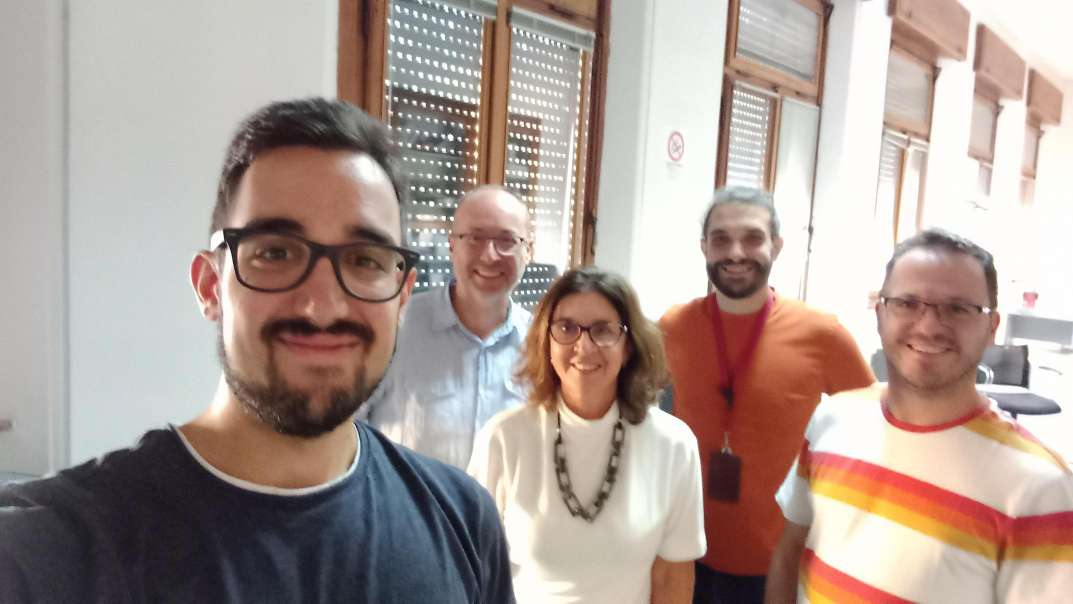
- Details
- Written by Zoltan Micskei
- Category: News
- Hits: 5461
Researchers from the ADVANCE project will organize a graduate school on the Verification and Validation (V&V) of Future Cyber-Physical Systems. The school will provide an
- overview of typical V&V challenges of large-scale safety-critical systems, illustrated by the space and automotive domain,
- new design, verification and analysis techniques for CPS, e.g. using machine learning or model-based techniques,
- a discussion panel on using AI techniques in verification and verifying AI-based systems.
Target audience: the lectures are aimed at MSc or early PhD students, who have a basic understanding of software/systems engineering concepts.
Format: the school will be fully online to encourage participation of students. The timing of the school is accessible both from Europe and South America.
Registration: the school will be FREE (supported by the ADVANCE EU project), but registration will be required: https://forms.office.com/e/p0NxXhedCw
Tentative program
- Details
- Written by András Földvári
- Category: News
- Hits: 3641
Prof. András Pataricza from Budapest University of Technology and Economics was visiting ResilTech for his two-week secondment. He was working on collecting V&V data from public data sources, analyzing them, and evaluating the results.
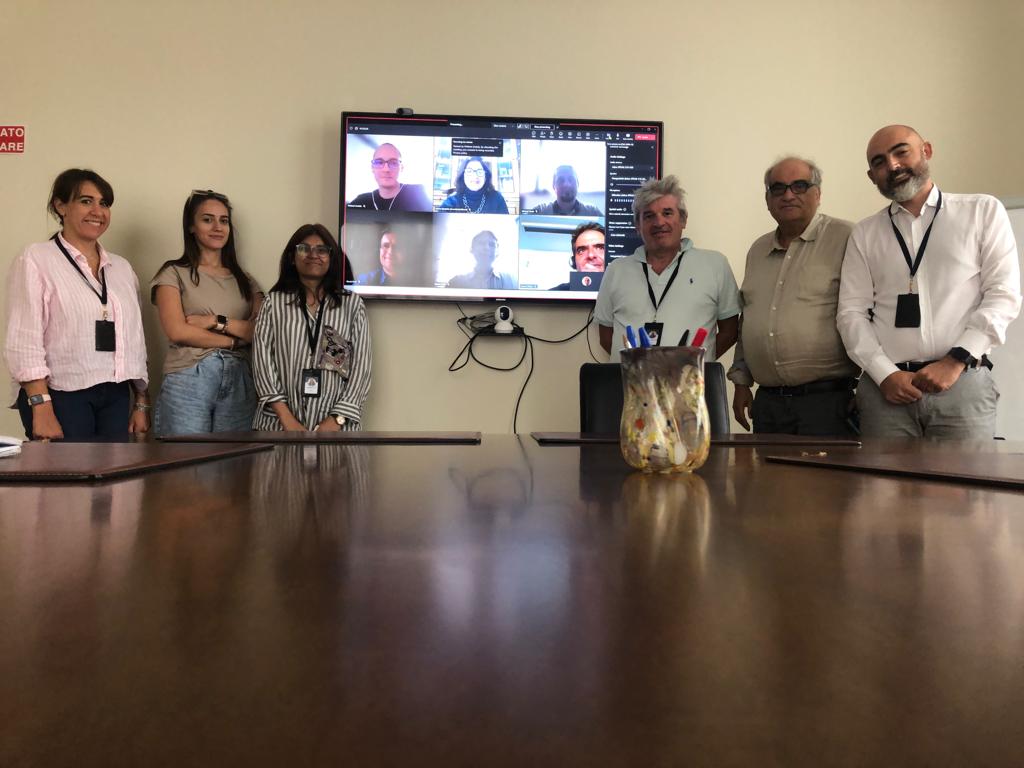
He conducted a closing presentation addressing the implications of the new EU Cyber Resilience Act focusing on its impact on the safety and security analysis of Cyber-Physical Systems (CPS).
- Details
- Written by Zoltan Micskei
- Category: News
- Hits: 3449
Carlos Batista presented a talk at the 30th Minisymposium of the Department of Measurement and Information Systems at BME in Februrary, 2023.
The title of the talk was "Resources/Services/Demands Relationship on a Federated Cubesat Constellation System Operation", and detailed the joint work from INPE and BME on modeling Cubesat constellation systems. The models are used to analyze the performance and fault tolerance capabilities of different constellation configurations using simulations.
This work was started during one of the first secondments of the project in 2019, with the research collaboration continuing.
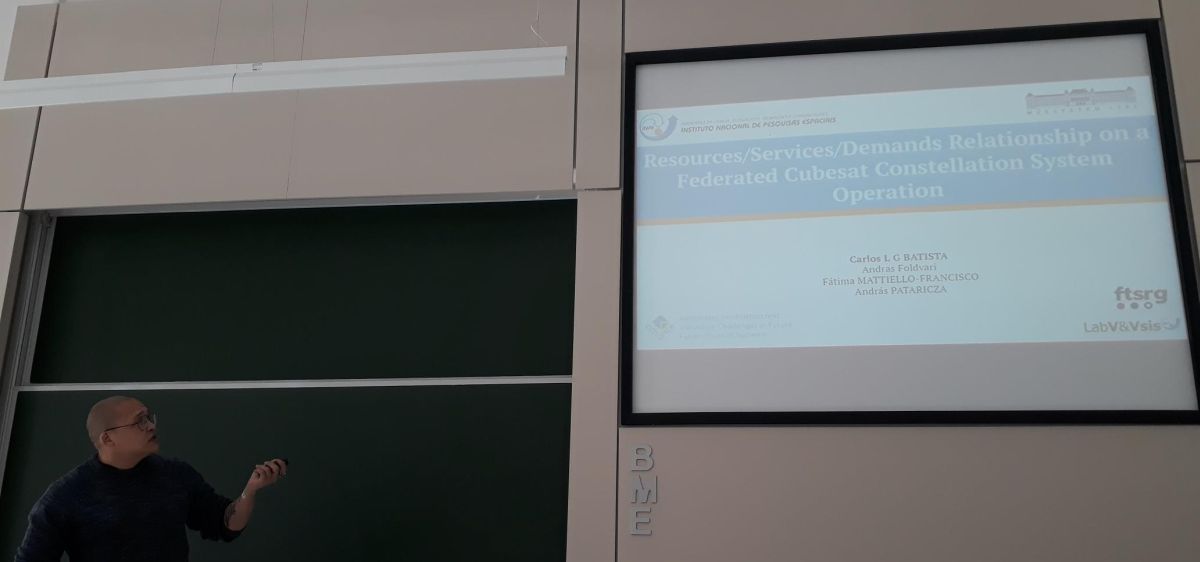
See the conference program
Page 2 of 8
